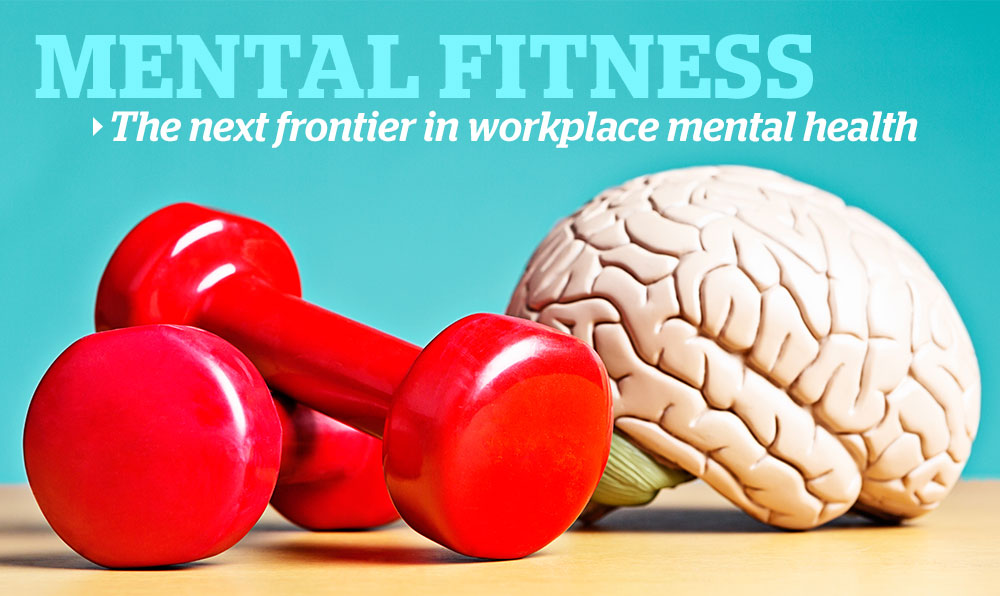

Columns/Blogs
Features
Mental Health
Mental fitness success requires an implementation plan
By Bill Howatt

EDITOR’S NOTE: ‘Mental Fitness: The next frontier in workplace mental health’ is a weekly series, in partnership with Dr. Bill Howatt of Howatt HR Consulting in Ottawa. This series takes a deeper look at mental fitness — an approach to prevent mental harm and promote mental health.
Once you understand that mental fitness focuses on promoting positive emotions that support emotional well-being, the next logical step is developing a personalized plan — what you will do daily to create more positive emotions.
You can choose from hundreds of activities, from meditation to walking a pet.
Reaping success from a mental fitness plan requires scheduling and prioritizing activities. We all have busy lives, so without clarity on when you will follow your plan daily, your chances of attaining mental fitness are pretty low.
Making any change to maintain or improve overall mental fitness requires intention, action and repetition. Much like a physical health plan, a mental fitness plan is useless without effort. Going for a five-kilometre run once a year will do little to improve your cardiovascular ability. You must make time for it each day.
The benefits of mental fitness often will not be noticed for a month or so. It takes time to unlearn old habits and old thinking.
An implementation plan will guide you in incorporating mental fitness into your daily schedule.
Most of us have full schedules with many conflicting priorities. One of the most common reasons I hear people fail to follow through on their mental fitness program past a couple of weeks is they do not have an implementation plan that defines when, where and how they will perform their mental fitness activities each day. To get any lasting impact requires setting value and importance to mental fitness and making your routine non-negotiable.
Psychologically Safe Workplace Awards provide employers tools, data on mental health
Creating your own mental fitness implementation plan
Define your implementation plan requirements: Determine how much time you will need each day for mental fitness activities. Make this protected Plan A time and have an alternative Plan B time. Be specific of the time (i.e. 7 to 7:30 a.m.) and environmental requirements (i.e. a quiet space to meditate).
Schedule your mental fitness time into your calendar for the next 12 months: Like physical health, there is no goal line in mental fitness. Emotional well-being requires focus and attention for the long term, so block a time for mental fitness into your daily calendar for the next 12 months.
Implement your mental fitness plan: Be clear of your planned mental fitness activities so that you can begin to follow your routine to create more positive emotions. Be mindful of the power of repetition. The more you follow your mental fitness routine, the more you will experience its positive benefits.
Evaluate your implementation plan: At the end of each month, reflect on how well you followed your plan over the past 30 days. Note the number of days you performed your routine. You do not have to be perfect each month; you need only be aware and look for ways to fit in your daily activities, regardless of the circumstances.
 Dr. Bill Howatt is the Ottawa-based president of Howatt HR Consulting.
Dr. Bill Howatt is the Ottawa-based president of Howatt HR Consulting.
If there is a particular microskill or topic you would like to see Dr. Howatt write on that supports employees’ mental health in the workplace, please send your request to Talent Canada editor Marcel Vander Wier.
Print this page